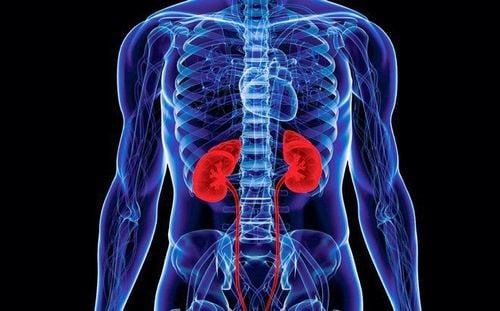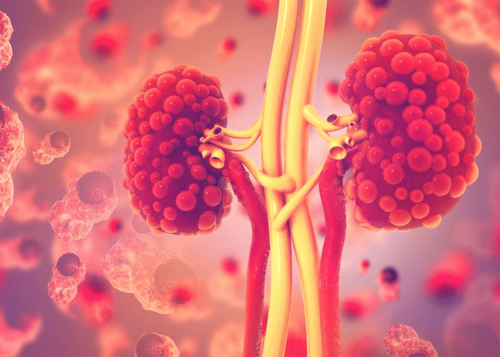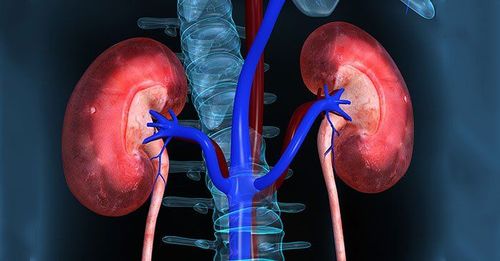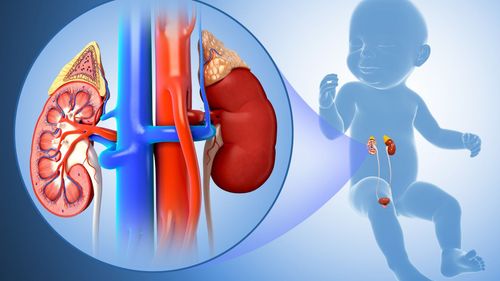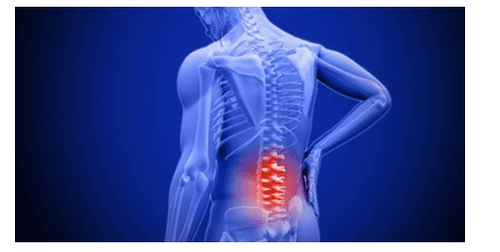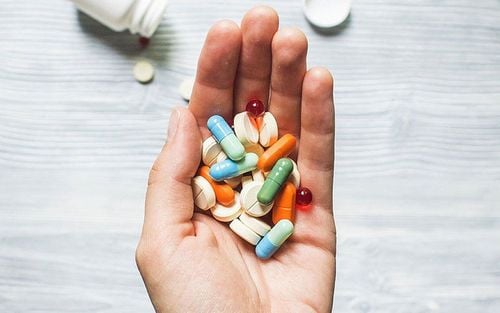This is an automatically translated article.
Acute glomerulonephritis is a common urinary tract disease in children. The disease not only causes damage to the kidneys but also other organs as well as life-threatening if not treated promptly. Therefore, how long does acute glomerulonephritis in children go away is a concern of many parents when having a child with this disease.1. What is acute glomerulonephritis in children?
Acute glomerulonephritis is a disease that causes acute kidney damage. In children, the most common cause is a streptococcal infection that causes inflammation of the pharynx, from a skin infection or an unknown source of infection. In addition, other diseases can also cause acute glomerulonephritis such as systemic lupus erythematosus, Scholein-Henoch,...
After infection in other organs, if accompanied by glomerulonephritis, the disease will Sudden onset with generalized edema, but at first, parents thought the child was gaining weight and becoming fatter. In addition, children also have little urine, complete anuria or hematuria, cloudy urine due to proteinuria. Taking the child to the doctor will detect increased blood pressure as well as abnormal tests due to impaired kidney function. At this time, the child needs to be hospitalized for close monitoring, intensive treatment and hemodialysis if needed in critical cases.
2. Is acute glomerulonephritis in children dangerous?
Glomerulonephritis is inherently not dangerous if it does not leave the risk of chronic kidney failure later. Moreover, the child's life will also be threatened due to acute complications of acute glomerulonephritis in children with rapid progression as well as emergency hypertension. Specifically, metabolic acidosis, hyperkalemia, if not effectively corrected with drugs or timely dialysis, will cause arrhythmias, cardiac arrest, and death. In addition, high blood pressure causes damage to blood vessels in the brain, heart, and lungs, causing confusion, seizures, stroke, acute heart failure, acute pulmonary edema, and respiratory failure. .
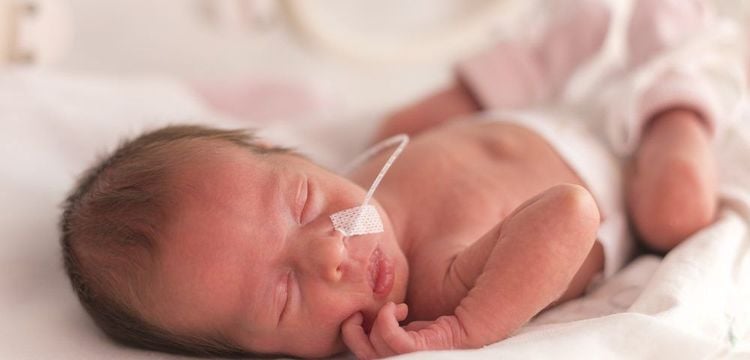
Trẻ bị suy hô hấp
3. How to treat acute glomerulonephritis in children?
Due to the dangerous complications that the disease causes, the treatment of acute glomerulonephritis in children requires caution and a combination of many factors.
Of which, if it is post-streptococcal acute glomerulonephritis, it is prominent to treat Streptococcus infections with Cephalosporin and Penicillin antibiotics of the β Lactam group, in order to limit the spread of bacteria. If the condition is severe, a decision should be made to start antibiotic combination therapy between penicillin and another antibiotic early.
Along with antibiotics, the treatment of symptoms and management of complications also play an important role. Control blood pressure and actively lower blood pressure if the child's blood pressure is too high or target organ damage occurs due to complications of hypertension on the heart, brain, and lungs. Using more diuretics helps to increase urine output, reduce edema, thereby helping to lower blood pressure, reduce blood potassium, adjust acid-base and improve kidney function. Correct electrolyte disturbances such as hyperkalemia, control hemolysis against hypocalcaemia and hyponatremia. Consider giving the child peritoneal dialysis or extra-renal dialysis (artificial kidney) when multi-drug therapy has been combined but clinical and laboratory findings have not improved.
In addition, non-pharmacological treatments need to be followed to help the disease recover quickly. Let the child rest in bed or just do light exercise, avoid running and jumping. Limit water intake, the child's diet should limit salt as much as possible, in order to effectively discharge water and reduce edema...
4. How long does acute glomerulonephritis in children heal?
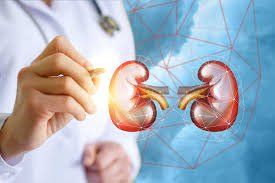
Viêm cầu thận cấp ở trẻ em bao lâu thì khỏi?
Acute glomerulonephritis in children generally has a fairly good prognosis. If detected early and treated properly in the first place, especially in medical care centers with adequate monitoring and emergency capacity, including hemodialysis machines when indicated, the percentage of children More than 90% of patients with acute glomerulonephritis are completely cured. In which, the acute manifestations such as generalized edema, oliguria or anuria, and high blood pressure will improve within the first week. The next week, if the disorders caused by acute kidney injury respond well to the drug, the child can be considered for discharge from the hospital. However, the child still needs to be monitored as an outpatient because the protein and red blood cells in the urine may disappear later, in the next one to two weeks.
Even so, parents still take their children to the doctor and have their urine tested for red blood cells and protein once a month for the first six months. If negative, the time for follow-up and testing can be spaced out every three months to two years. Only if negative through two consecutive times can stop monitoring. Unusual cases should actively seek other causes of glomerulonephritis or suspected persistent chronic kidney injury.
If glomerulonephritis progresses to fulminant stage and complications of acute renal failure, hypertensive emergency are not timely intervened, the child will have a very high risk of death within the first week. Therefore, when a child shows abnormal signs of health, parents can take the child to Vinmec Health system for timely examination and treatment.
As a key area of Vinmec Health System, Pediatrics Department - Vinmec International General Hospital always brings satisfaction to customers and is highly appreciated by industry experts thanks to the following advantages:
gathers a team of leading doctors and doctors in Pediatrics: including leading experts, with high professional qualifications (professors, associate professors, doctorates, masters), experienced, having worked in different hospitals. big hospitals like Bach Mai, 108.. The doctors are all well-trained, professional, have a heart - reach, understand young psychology. In addition to domestic pediatric specialists, the Department of Pediatrics also has the participation of foreign experts (Japan, Singapore, Australia, USA) who are always pioneers in applying the latest and most effective treatment regimens. . Comprehensive services: In the field of Pediatrics, Vinmec provides a series of continuous medical examination and treatment services from Newborn to Pediatric and Vaccine,... according to international standards to help parents take care of their baby's health from birth to childhood. from birth to adulthood Specialized techniques: Vinmec has successfully deployed many specialized techniques to make the treatment of difficult diseases in Pediatrics more effective: neurosurgery - skull surgery, stem cell transplantation. blood in cancer treatment. Professional care: In addition to understanding children's psychology, Vinmec also pays special attention to the children's play space, helping them to have fun and get used to the hospital's environment, cooperate in treatment, improve the efficiency of medical treatment.
Please dial HOTLINE for more information or register for an appointment HERE. Download MyVinmec app to make appointments faster and to manage your bookings easily.




